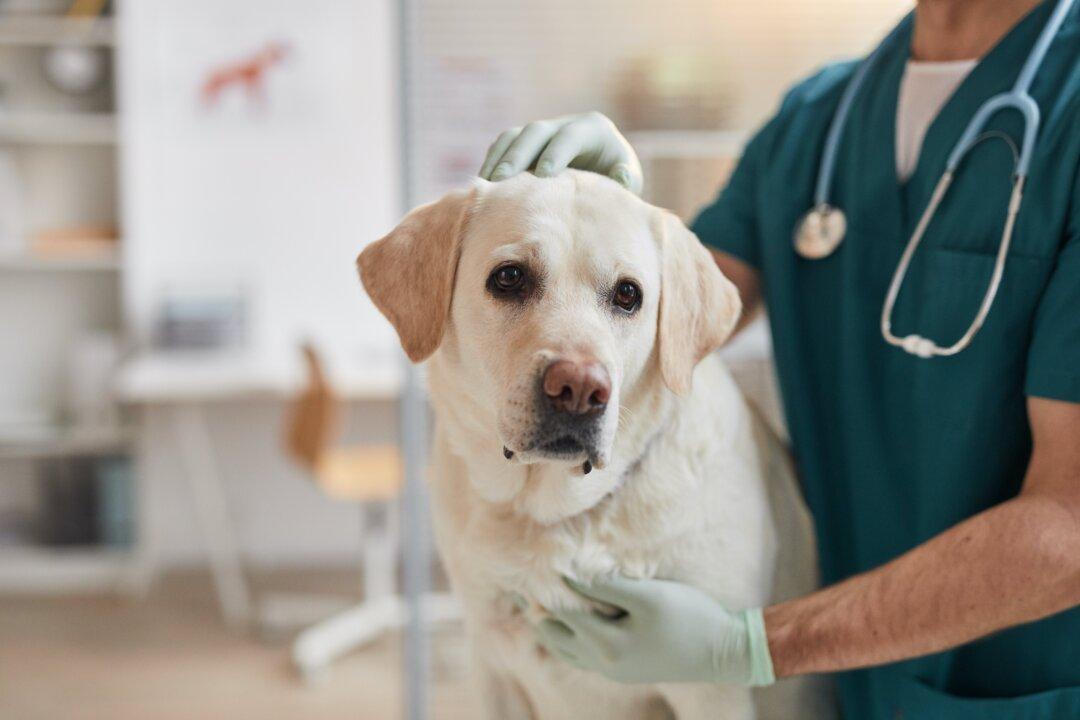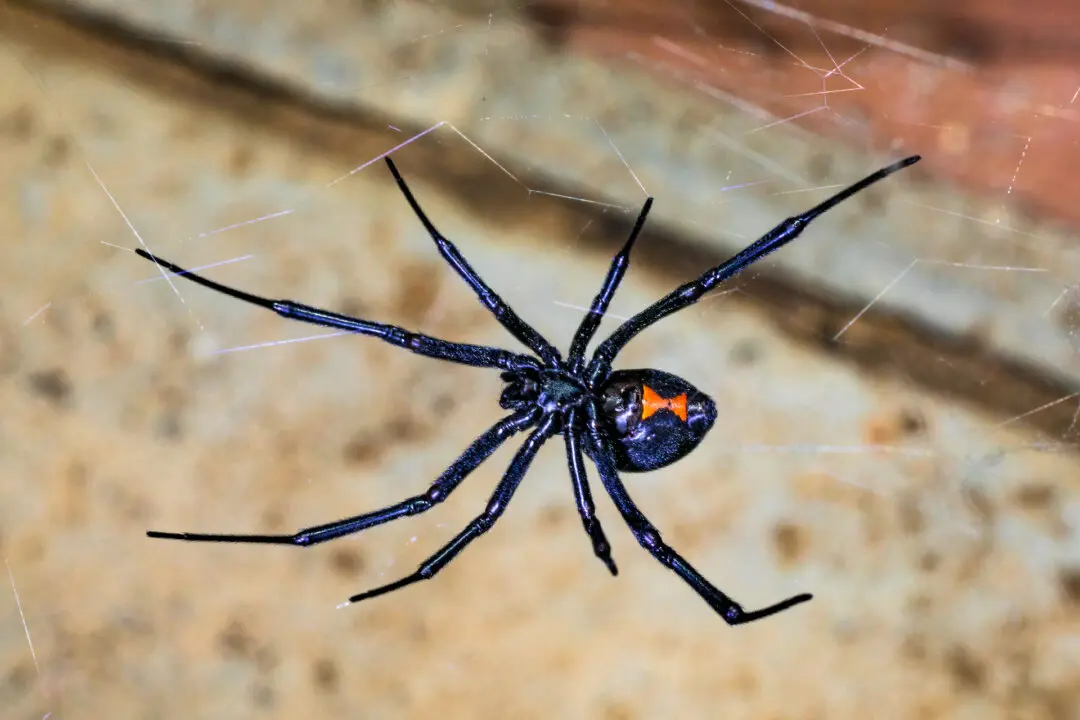Q: What is your opinion about vaccinating older dogs? As my two healthy senior dogs aged, their veterinarian increased the intervals between vaccinations. I worry that my dogs are now too old to safely vaccinate.
A: There is no evidence that vaccination increases the risk of any disorders in senior dogs. Vaccinations are spaced out as dogs age not because the vaccines are unsafe but because the duration of immunity is longer with repeated use.





